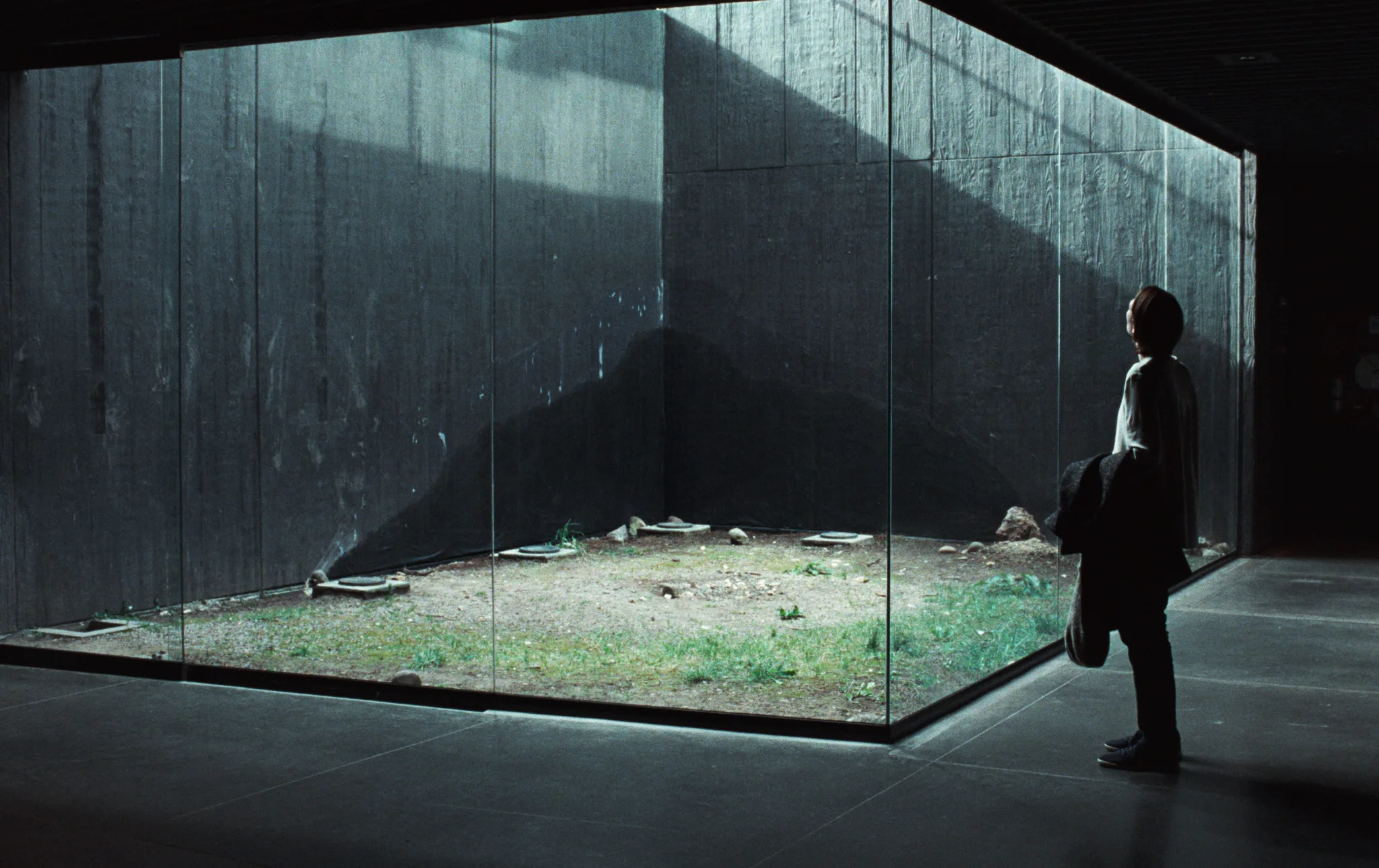When Thai director Apichatpong Weerasethakul made the 2021 Colombian Oscar entry “Memoria,” his first movie outside of his home country, it was only the start of his new chapter in Latin America. Last year summer, Apichatpong hosted a workshop for aspiring filmmakers in the Amazon rainforest of Peru, an ideal backdrop for his languid, otherworldly cinematic creations. Now, he’s ready to do it again.
“The second workshop is coming in September,” Apichatpong told IndieWire in a video call from Thailand this week. “I think it’s going to be called ‘How Not to Make Movies.’” He smiled. “I’m serious,” he said. “Sometimes you really don’t need cinema.”
That’s a bold statement from a filmmaker whose entire career has been defined by uncompromising, immersive filmmaking on his own terms. Apichatpong’s films, the subject of an upcoming retrospective at New York City’s Film at Lincoln Center in May, operate as sensuous mysteries. From his 2000 debut “Mysterious Object at Noon” through his Palme d’Or winner “Uncle Boonmee Who Can Recall His Past Lives” and last year’s “Memoria,” the director’s slow-burn style blends dreams and allegories to create a unique sense of place.
However, Apichatpong’s fixation on the experiential nature of cinema has led him to discourage filmmakers from more literal-minded approaches to the medium. “Many people are really focused on the image and the technique,” he said. “For me, it is more important that the journey is really, really mindful. The idea is to listen to the world and yourself because you can get lost a lot with all different noises and media expressions.”
The workshop will continue to be hosted by Playlab Films, following a template that was originally established by the late Iranian director Abbas Kiarostami and later developed by Werner Herzog. Last year, 50 filmmakers from around the world participated in the workshop, and each participant created their own short film with Apichatpong’s feedback.
He was eager to return to the Amazon, though he wasn’t sure of the exact location, and expected it would take place outside of Peru. “The time in the Amazon jungle for us is so precious — to just slow down and ask why we make movies,” he said. “Cinema is a way to see the world, but you also have to realize when you don’t need it. I was surprised, myself, to see how passive I was about cinema.”
He was encouraged by his experience working in Colombia on “Memoria,” which employed many younger members of the local film community. “With the political shift there, I think people want to express something different,” he said. “There’s a lot of filmmakers there who are not my generation trying to figure out what else they can express.”
Source: Read Full Article
